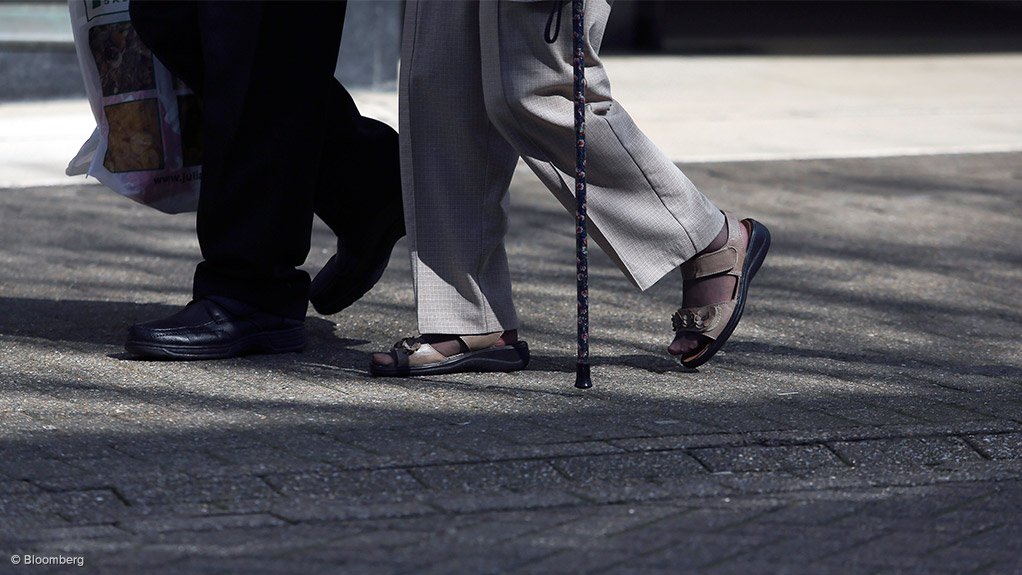/ MEDIA STATEMENT / The content on this page is not written by Polity.org.za, but is supplied by third parties. This content does not constitute news reporting by Polity.org.za.
The DA-led Multi-Party Charter has released a set of pie-in-the-sky promises under the heading, “Social Relief Framework”.
It is a mishmash of the divergent polices of its members, not grounded in any real commitment to addressing grinding poverty.
In a country in which the level of social and economic exclusion are a throbbing crisis that can no longer be ignored, the framework is a half-hearted afterthought.
It contains 30 promises, some of which make common sense, some of which are pure flights of fantasy, and some of which are hypocritical dross considering the DA’s own record of leadership in the Western Cape for the past 15 years.
Consider, for example, Promise 4 – an undertaking by the DA-led Charter to support an increase in the Old Age Grant. When you read the small print, this will be achieved through “growing the economy”, and reducing the number of people who receive grants.
In other words, coming up for the elderly is a nice promise to put out there, but considering the state of the economy it is entirely meaningless.
The framework also bizarrely includes the promise “to redistribute state-owned land, particularly in well-located urban areas, in order to provide housing for people experiencing poverty who would otherwise not be able to afford inner-city housing”.
The reason this promise is far-fetched is that since assuming power in the Western Cape 15 years ago, the DA has not built a single affordable house in the inner city of Cape Town.
Indeed, the reason GOOD Leader Patricia de Lille resigned from her position as Mayor of Cape Town was due to the DA’s refusal to countenance less well-off people of colour living in the inner-city.
Another of the 30 promises on the DA-led Charter’s list is to revamp the social housing model. Why is this being promised now when the DA has had 15 years to demonstrate its commitment to rolling back apartheid planning?
There’s a promise to ensure that “all qualifying households” have access to the basket of free basic services – without a commitment to the qualifying standard. This year, in its budget, the DA-led City of Cape Town tightened the screws on qualifying threshold, reducing it from properties valued below R500 000, to below R400 000.
For good measure, the DA-led Charter also throws in a number of catch-all promises with which few can disagree. Promise 15, for example, speaks about improving education and healthcare, while Promise 10 is to reduce gangsterism and drug abuse.
The DA-led Charter does not appear to realise the danger to the nation of allowing poverty and inequality to slip any further.
Its list of promises transparently seeks to balance its members’ fundamental opposition to a social grant system with the reality that they don’t want to offend the nine million South Africans who are presently so poor that they qualify to receive the R370 a month Social Relief of Distress Grant.
When South Africa’s economy is growing again, at a rate of 5-6% per annum, and most people are gainfully employed, we can discuss the theories and virtues of our social grant system.
Until that mythical date, Mr Steenhuisen and Co, people need to eat. South Africa needs to re-think its spending priorities and urgently implement a Basic Income Grant of a minimum of R999 a month.
Issued by Brett Herron, GOOD Secretary-General & Member of Parliament
EMAIL THIS ARTICLE SAVE THIS ARTICLE ARTICLE ENQUIRY
To subscribe email subscriptions@creamermedia.co.za or click here
To advertise email advertising@creamermedia.co.za or click here











